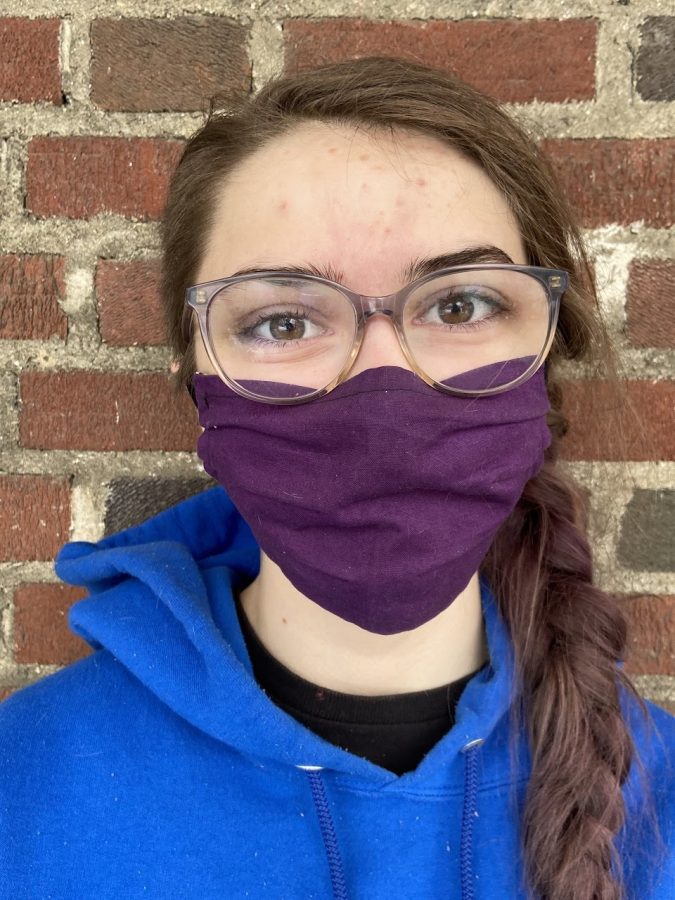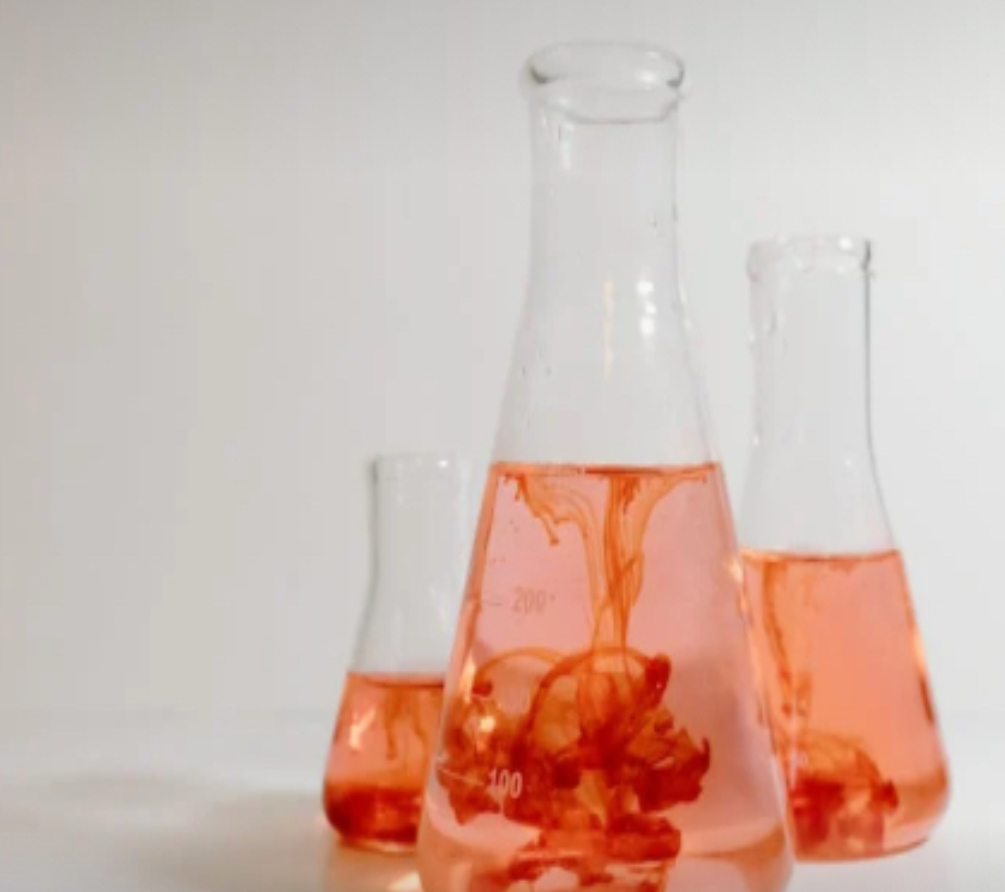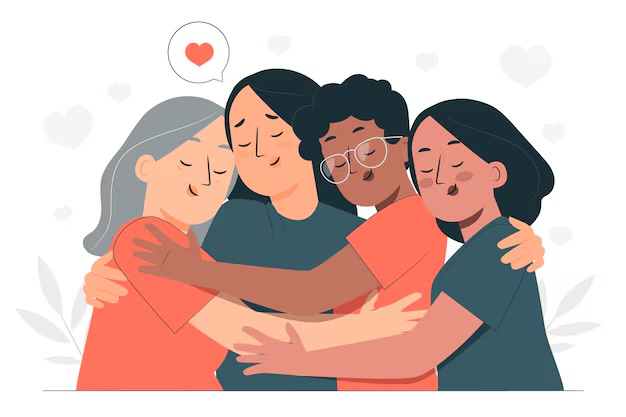Can there be a return to normal?
Students are unsure whether life in a post-COVID world will continue as it once did.
March 2, 2021
As we approach the one-year mark of COVID-19 in the United States, many people may start to wonder if we will ever go back to “normal”. With the vaccination being distributed, some may start to think that normalcy is quickly approaching. But Dr. Anthony Fauci, the U.S. chief medical advisor, says that returning to a form of normalcy depends on how efficiently the vaccine is distributed.
In an interview with the Harvard Gazette, Dr. Fauci said that as soon as the end of 2021, society may return to a sense of normalcy. “We may actually have enough herd immunity protecting our society,” he said. In order to reach “herd immunity”, 75 to 80 percent of the population must be vaccinated.
At Township, Sophomore Vivienne Salfrank says that even with the vaccination, we need to continue enforcing COVID-19 policies.
“We still need [to practice COVID-19 precautions for] those who can’t or won’t get the vaccine, either because of health conditions or conspiracy theories,” Salfrank said. She also mentioned that social distancing, masks, and limited gatherings are the only things holding society together.
According to LancasterOnline, Lancaster County exceeded 900 coronavirus deaths on February 11. As of February 15, the new case count reached 1,547 and the total cases reached 41,722.
Freshman Yenyia Terry is hopeful that society will be able to return to some form of normalcy by next year, but feels that things may be slightly different. “Some may still feel the need to wear masks, keep six feet [apart], and follow safety [procedures],” she said.
Terry discussed the toll that the pandemic has taken on her, including a different school and sports experience. She said she hopes that eventually she will be able to hang out with friends more and participate in activities without a mask.
For some, the coronavirus has affected their family, which has led to an even greater urgency for returning to normal.
Sophomore Merola Atta is one of the people who has been affected. She says she is currently quarantining after her mother was diagnosed with the coronavirus. “It has definitely changed the way I look at [COVID-19] now that someone close to me has been affected by it,” Atta said.
Atta continued to stress the importance of practicing social distancing in order to protect vulnerable and immunocompromised people in the community.
Terry also noted the importance of following safety procedures in place, vaccine or not. “Regardless if you have the vaccine, you should be respectful and aware of others’ safety,” she said.
Salfrank said she believed that there would not be a return to what we currently consider normal. “Honestly, as we have learned how to cope with this pandemic, it has become our new normal,” she said.
Salfrank said she thinks it will take another year for the virus to stop affecting society.
In order to return to normal, not only must herd immunity be established, but prevalence and incident rates must go down as well.
Salfrank shared some advice as to how this can be accomplished: “I believe everyone should wear their mask at all times possible, and although we are already doing this, it’s truly burdensome to see our own peers not wearing a mask properly,” she said.
Atta noted that following basic CDC guidelines is important, as well as having an awareness of one’s surroundings. “We cannot relax safety measures we have in place just because we’re used to them, but rather stay alert and act vigilant at school and at home,” she said.
Despite the immense difficulties, Salfrank said that she believes society has come a long way over the year spent coping with the coronavirus. “I think we are over the hardest part of the pandemic,” she said. “But a lot of progress is still needed to fix what has been broken and prevent it from happening again.”












